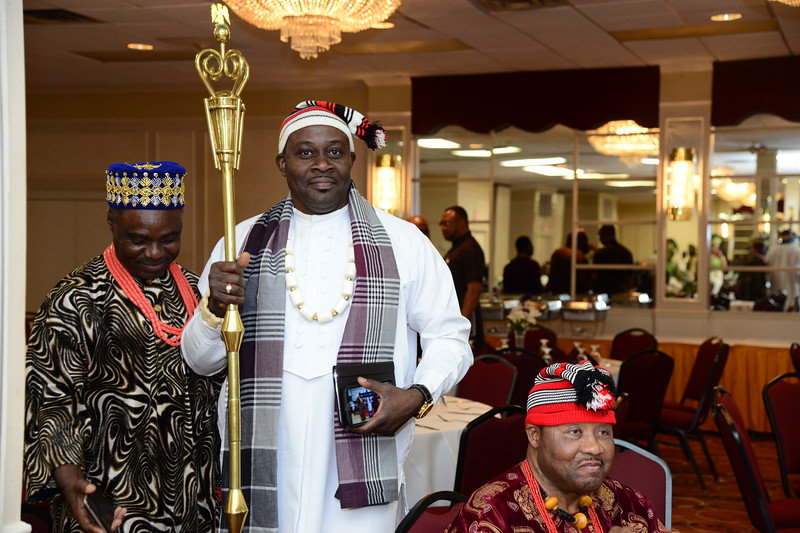What is the importance of chieftaincy titles in Nigerian culture?
Chieftaincy titles hold a significant place in Nigerian culture, symbolizing more than just a title; they represent a deep-rooted tradition and a connection to the community’s history, values, and governance.
Chieftaincy titles hold significant importance in Nigerian culture as they represent leadership, respect, and recognition within the community. These titles are often bestowed upon individuals who have demonstrated exceptional service, wisdom, and dedication to their people.
They serve as a bridge between the traditional and modern governance systems, ensuring that cultural heritage and societal values are preserved and honored. Chieftaincy titles also foster unity, pride, and a sense of identity among the community members, reinforcing the social structure and promoting communal harmony.
These titles are often conferred upon individuals who have demonstrated exceptional leadership, service, and dedication to their communities.
Here’s a closer look at the importance of chieftaincy titles in Nigerian culture:
Historical Significance
Chieftaincy titles have a long-standing history in Nigeria, dating back to pre-colonial times. They were crucial in the administration and governance of various ethnic groups and regions.
Chiefs acted as intermediaries between the people and the gods, and their decisions were vital in maintaining peace, order, and justice within the community.
Social Status and Respect
In Nigerian society, chieftaincy titles bestow a great deal of respect and social status upon the holder. Being a chief is often seen as a mark of prestige and honor.
It signifies that the individual has made significant contributions to the community and is recognized for their wisdom, integrity, and leadership qualities.
Cultural Preservation
Chieftaincy titles play a vital role in preserving and promoting cultural heritage. Chiefs are custodians of customs, traditions, and rituals. They ensure that these cultural practices are passed down through generations, maintaining the community’s identity and continuity.
Festivals, ceremonies, and other cultural events often revolve around the chieftaincy institution.
Community Development
Chiefs are often at the forefront of community development initiatives. They mobilize resources, mediate conflicts, and work towards the socio-economic advancement of their communities.
Their leadership can lead to the implementation of projects that improve infrastructure, education, healthcare, and more.
Political Influence
Chieftaincy titles can also carry significant political weight. Although Nigeria operates a democratic system, traditional leaders still hold considerable influence in local and national politics.
They often act as advisors to politicians and play a role in the political landscape by endorsing candidates and policies that benefit their communities.
Unity and Identity
For many Nigerian communities, chieftaincy titles are a source of unity and identity. They provide a sense of belonging and continuity, linking the past with the present.
Chiefs represent the collective will and aspirations of their people, serving as a unifying figure that transcends individual differences.
Economic Impact
The conferment of chieftaincy titles can have economic implications as well.
Titles often come with certain privileges, including land rights and other economic benefits. Moreover, the prestige associated with being a chief can attract investments and foster economic activities within the community.
Conclusion
Chieftaincy titles in Nigerian culture are far more than ceremonial honors; they are integral to the social fabric, governance, and cultural identity of the people.
They encapsulate the values, history, and aspirations of communities, playing a crucial role in preserving traditions, fostering unity, and promoting development.
The respect and reverence accorded to chiefs underscore their enduring significance in Nigeria’s diverse and vibrant cultural landscape.














Post Comment